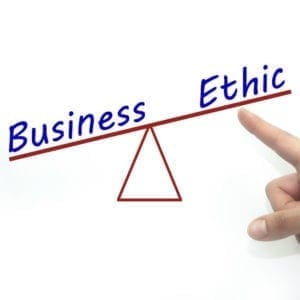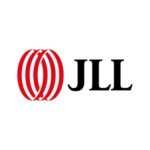 As an industry, are we as legal, decent, honest and truthful as we would like to think? Do we operate consistently to high ethical and moral standards, or do we operate within a more flexible ethical envelope that ‘all depends’? Does the situation that we find ourselves in sometimes override the strength of our principles?
As an industry, are we as legal, decent, honest and truthful as we would like to think? Do we operate consistently to high ethical and moral standards, or do we operate within a more flexible ethical envelope that ‘all depends’? Does the situation that we find ourselves in sometimes override the strength of our principles?
This ‘all depends’ position is understandable, but does it create the circumstances where our guests, staff and suppliers develop “trust” in who we are and what we do? Most, if not all, companies and businesses would argue that they have policies or value statements that govern their behaviour. These include anti discrimination policies, environmental and sustainability policies, as well as social and corporate responsibilities. But policies and value statements are only as good as their implementation, how they are communicated and how the company’s actual behaviour reflects those policies and statements.
Does your company, as an example, always pay suppliers on the due date, or does some unwritten policy prevail that delays payment as a matter of routine? Is the limit on your environmental policy the notice in the bathroom on changing the towels?
As an industry we sell “conspicuous consumption”. We provide guests with service and ancillary items that exceed what they would normally get at home. We do not ask them to make their own beds or recycle their own cans – they expect us to take those responsibilities on their behalf. Guests may have a strong ethical and environmental belief that influences their behaviour when at home, but that seems to be left at the door when they walk into a hotel or restaurant. They may take comfort from the declared ethical environmental policy statements that hoteliers make, but do they check on how they work in practice?
The lack of guest engagement and detailed scrutiny of actual ethical and moral behaviour could encourage this ethical and environmental envelope to stretch to a larger and wider “all depends”. To counter this ethical elasticity in how we behave, we often encourage and support “good causes”, either through hosting charity events, collecting for charitable causes or supporting local community initiatives. We can point at these ideas to say, ‘Yesm look this is how we behave’ while still avoiding some of our environmental and ethical responsibilities.
Good examples of this corporate schizophrenia are particularly found in the financial services and banking sectors. Here there are well-documented examples of corporate greed and illegal activities in the same business as well-developed and active social responsibility programs. In some corporate minds, it’s about working at the boundaries – if it is not illegal, then it’s OK. With others, it is about a strong moral compass that leads and governs corporate behaviour. The key position has to be more than just policies; “values” have to be part of the fabric of the company and the organisation. It is here where all of the parts are indeed “legal, decent, honest and truthful”.
About the author
 Professor Peter Jones is the Dean of the eHotelier Academy. With a distinguished career in hospitality, education and training, Peter has been involved with national and international projects with clients involved in hospitality education. Peter is a Director the Edge Hotel School and of Hotel Future, a new education and training initiative in Greater Manchester and is a Visiting Professor at the University of Derby. He was also awarded a Member of the Order of the British Empire for services to the hospitality industry.
Professor Peter Jones is the Dean of the eHotelier Academy. With a distinguished career in hospitality, education and training, Peter has been involved with national and international projects with clients involved in hospitality education. Peter is a Director the Edge Hotel School and of Hotel Future, a new education and training initiative in Greater Manchester and is a Visiting Professor at the University of Derby. He was also awarded a Member of the Order of the British Empire for services to the hospitality industry.



















